Appalachian Bear Rescue’s ‘Cubs Forever’ Campaign Holds Hope for Black Bears’ Future
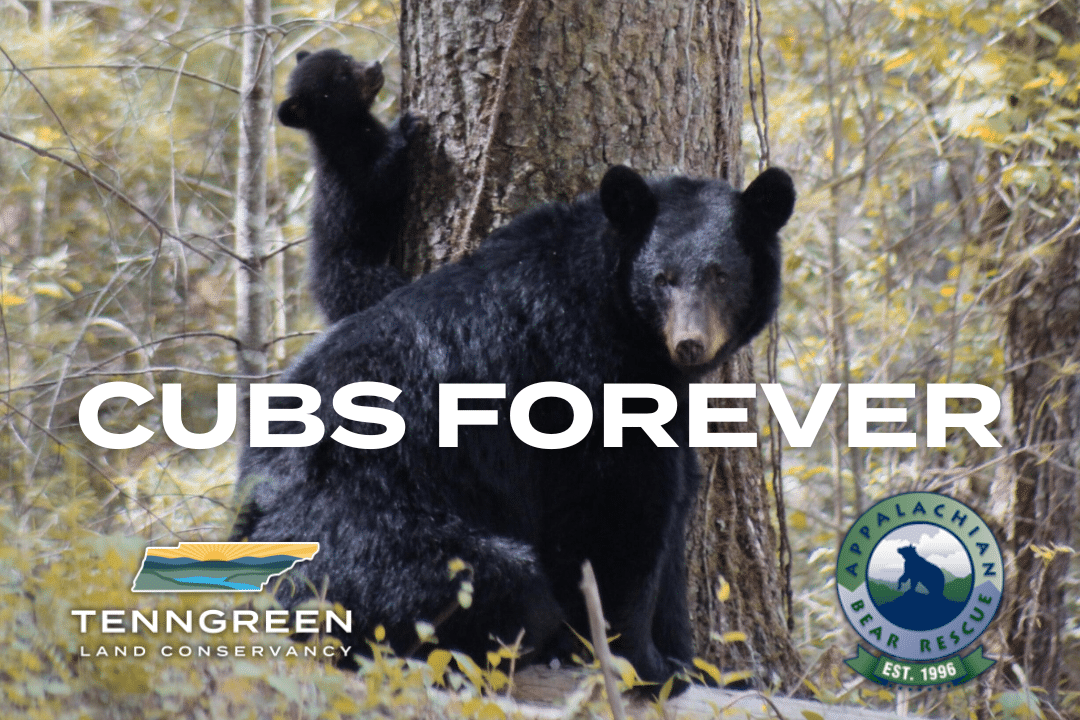
After reaching a new agreement with the Tennessee Wildlife Resources Agency (TWRA), Appalachian Bear Rescue, Tennessee’s only black bear rescue, is heralding a brighter future.
Bears have been a part of this landscape for millennia. Long before humanity reached North America, our ursine cousins flourished in every corner of the continent. Even our “modern” black bear species, the American black bear (Ursus americanus) has been around for at least one or two million years, depending on who you ask. We homo sapiens have been here for a paltry 30,000 years by comparison.
“This is bear country. We just live in it. But human expansion and habitat loss have made it near impossible for these beloved animals to thrive as they once did,” offers Jon D. B., Naturalist and Director of Communications at TennGreen. “Black bears were nearly wiped out by the early 20th century. Thankfully, they’ve since become one of America’s greatest conservation success stories and are currently reclaiming their historic range in Middle and West Tennessee.”
This is in no small part due to the advocacy and public relations work of Appalachian Bear Rescue (ABR), our state’s only black bear rescue and one of only a handful of such organizations in the U.S.
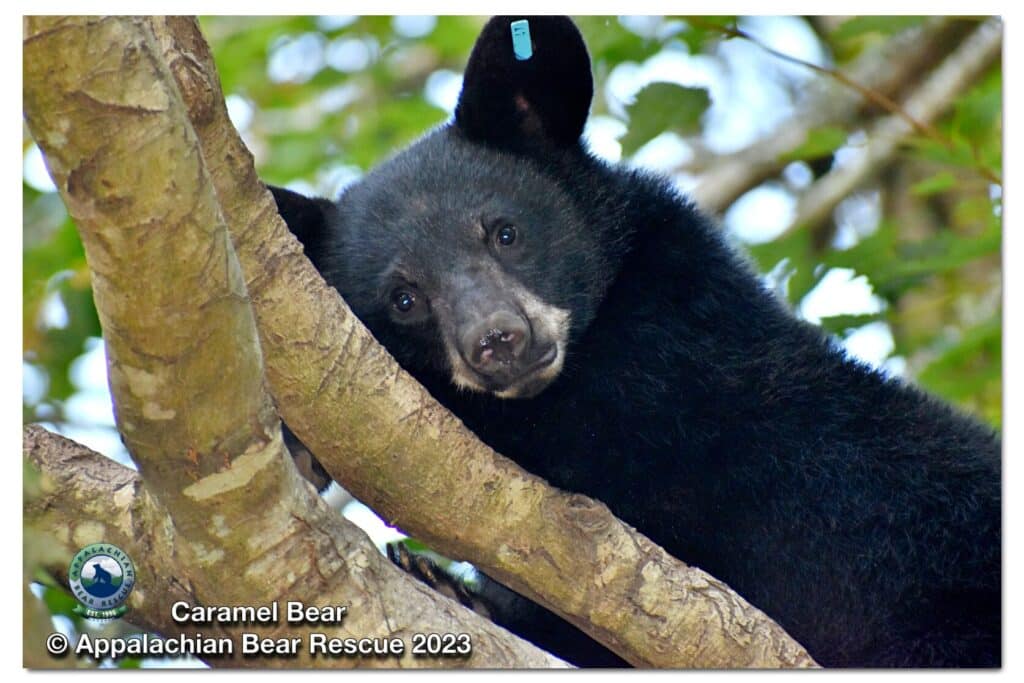
ABR was founded over 30 years ago after a particularly hard autumn. A severe hard mast (nut and seed) shortage drove our bears into lower elevations to look for food. Bear/human conflict resulted, and an unusually large number of orphaned cubs followed.
Since taking in their first cub in 1990, ABR has rescued, rehabilitated, and released hundreds of bears back into the wild through close collaboration with Tennessee Wildlife Resources Agency (TWRA) and Great Smoky Mountains National Park.
‘Rescuing these bears isn’t just about the individual or their numbers in the wild. It’s about inspiring people to care about nature’
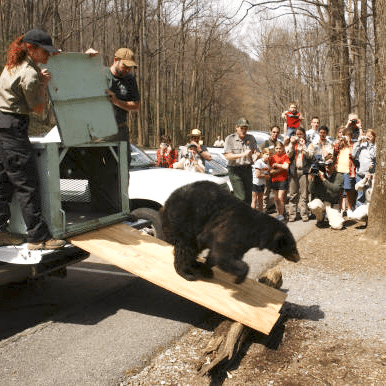
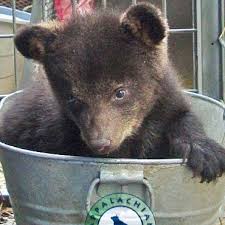
“Rescuing these bears isn’t just about the individual or their numbers in the wild. It’s about inspiring people to care about nature,” Greg Grieco, Interim Executive Director for ABR, told TennGreen in August. “If we can help the general public to care about one bear, we help them care about that bear’s habitat. About the natural resources we all share. It’s a window into greater conservation that is better for all of us.”
Moreover, without ABR’s services, injured and orphaned cubs in Tennessee have few viable options. The organization’s work not only saves individual animals but also fosters a deeper appreciation for the ecosystems we all depend on.
TennGreen Land Conservancy is proud to stand alongside Appalachian Bear Rescue
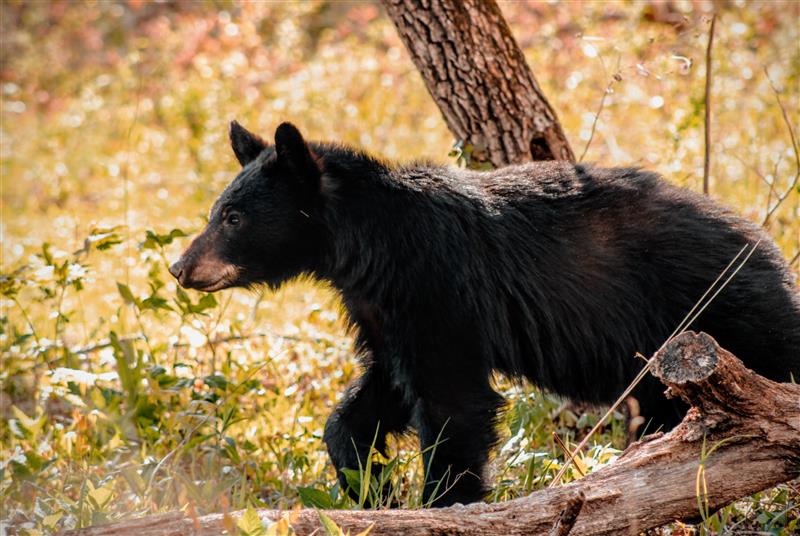
TennGreen Land Conservancy is proud to stand alongside Appalachian Bear Rescue in protecting, stewarding, and enhancing the habitats these animals need to survive—the very same nature we depend on, too. Healthy bear populations are an indicator of healthy ecosystems that provide clean air, clean water, and promote Tennessee’s incredibly rich biodiversity.
In short: We’re all in this together. And in recent years, ABR has faced operational challenges that temporarily halted the intake of new bears. Since January 2025, no cubs have been in care due to a combination of unforeseen circumstances, including the need for expanded enclosure space and soil safety studies.
But in July, a turning point came when ABR and TWRA signed a new agreement outlining the steps required for the organization to resume operations. These include building two new large, open-air rehabilitation enclosures and completing an independent soil study to ensure the highest standards of animal health and safety. Private fundraising is needed to close the gap on these initiatives.
Without their rescue facility in operation, there are no good options for injured and orphaned cubs left in Tennessee.
Learn more about this effort and ways that you can support conserving our Appalachian Bears by visiting https://appalachianbearrescue.org/.
Join in the campaign and future of Appalachian Bear Rescue by following them on Facebook & Instagram.
Top Photo: A sow and her cubs survey their forest home in Great Smoky Mountains National Park, by Jon D. B., TennGreen

